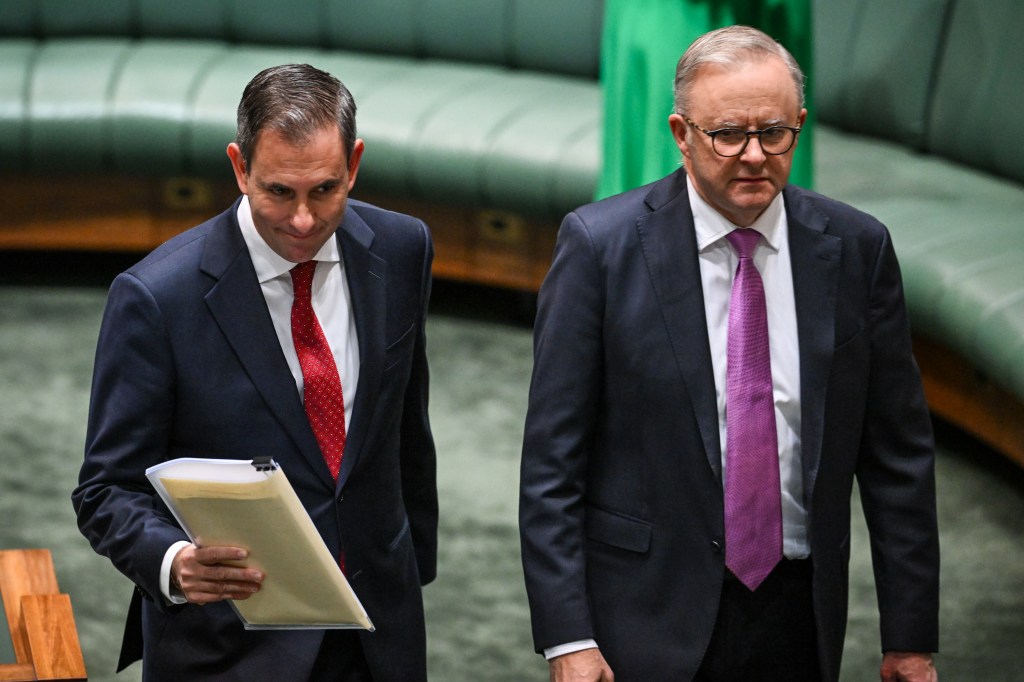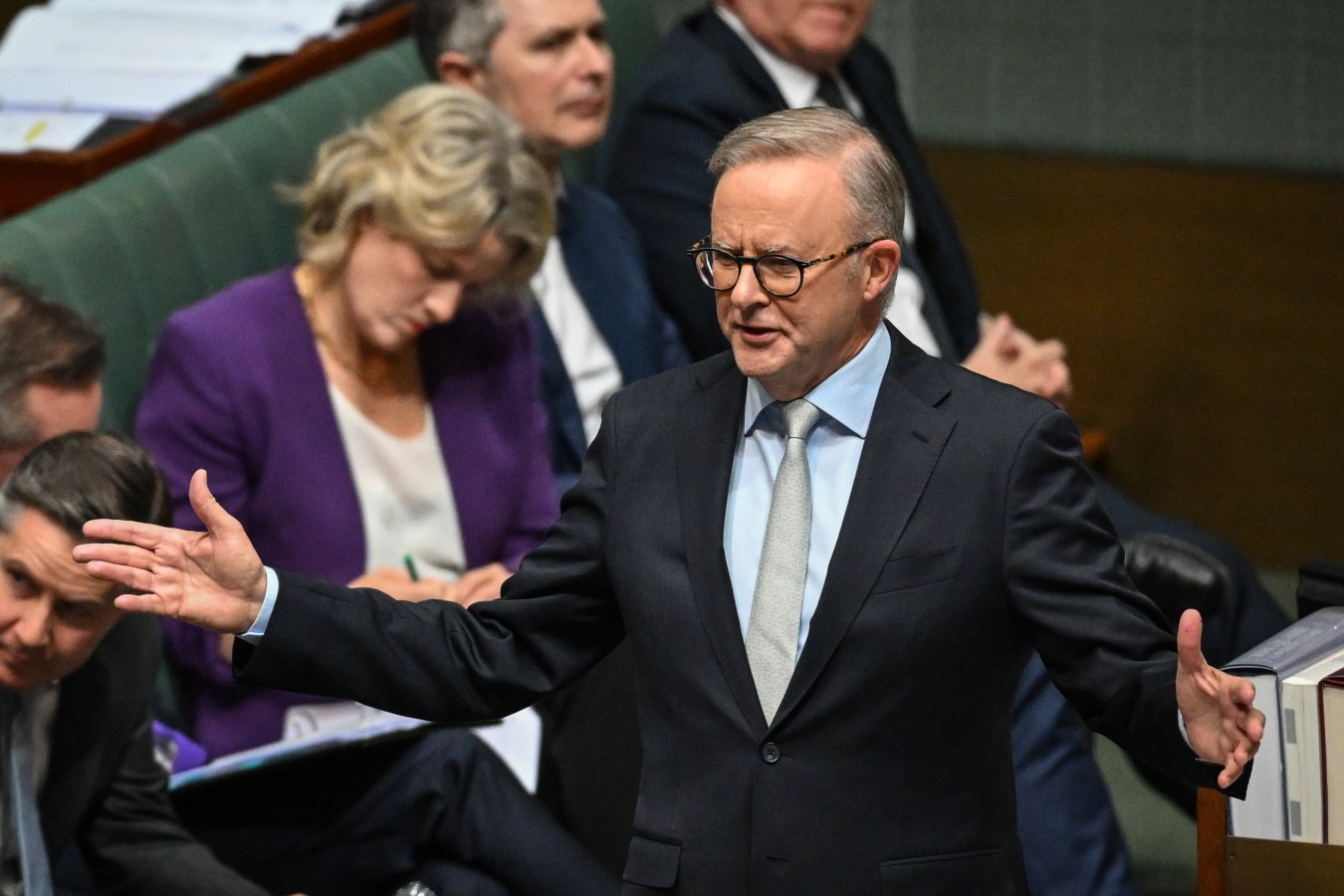Tax cuts and a $300 energy rebate are among the core focuses of Jim Chalmers 2024-25 federal budget – that is projected to deliver a $9.3 billion surplus for this financial year. Here’s a breakdown of some of the key winners and losers from Tuesday night’s announcement.

Winners
Renewable energy
Significant funding is allocated to boost local manufacturing of solar panels and green hydrogen production, including $1.5 billion for solar panel subsidies and $6.7 billion over ten years for a Hydrogen Production Tax Incentive.
Low and Middle-Income Earners
Addressing cost-of-living pressures, the budget implements Stage 3 tax cuts. All taxpayers will see an increase in their take-home pay, with low and middle-income earners receiving the most benefit. These cuts will provide an average of $36 extra per week in 2024-25, and by 2034-35, an average income earner will pay $21,915 less in tax.
Students
More than three million Australians will save an average of $1200 with $3 billion in student debt relief. The government will cap the indexation of HECS debt to the lower of the Consumer Price Index or Wage Price Index. Additionally, about 68,000 university students and 5000 vocational education students will receive a $319.50 weekly payment for compulsory work placements starting in July 2025.
Related
Parents
Superannuation will be paid on government-funded parental leave from July 2025, benefiting around 180,000 families annually. This initiative aims to close the superannuation gap, providing about $106 a week on paid parental leave.
All households
From July 1, over 10 million households will receive a $300 rebate on their energy bills, addressing the rising cost of living. Small businesses will also benefit from a $325 energy rebate.
Small Businesses
Small businesses will benefit from the extension of the $20,000 instant asset write-off, allowing immediate deductions for eligible assets. Additionally, nuisance tariffs will be abolished, simplifying trade and cutting compliance costs. The government will invest $10.8 billion to support the mental health and financial wellbeing of business owners.
Aged Care Workers
The government has committed to funding the Fair Work Commission’s decision to increase award wages for aged care workers. This is part of a broader reform in the aged care sector.
Renters
The budget allocates $1.9 billion to increase the maximum rates of Commonwealth Rent Assistance by 10%. The government also commits to building more homes, funding infrastructure, and providing loans for social and affordable housing.
Women
The budget makes a $5000 payment for women fleeing violent relationships permanent and allocates $56 million to improve access to women’s health services. Higher rebates for longer consultations for patients with endometriosis and complex gynecological conditions are also included.
Travellers
From July 1, travellers can pay $100 to fast-track passport applications, ensuring a five-day turnaround. This measure is expected to generate $27.4 million over five years.
Losers
High-Income Earners
While all taxpayers will receive a tax cut, higher-income earners will see less benefit compared to the original Stage 3 tax cuts plan.
Welfare Recipients
Despite calls for substantial increases, JobSeeker and Youth Allowance payments remain unchanged. The government extended the eligibility for the higher rate of JobSeeker, providing at least $54.90 more per fortnight for those who can work up to 14 hours per week, but broader increases were not implemented.
International Students
Universities must limit the growth of international student enrolments unless they build more student accommodation. This measure aims to address housing supply issues but impacts universities’ revenue from high-fee paying students.
Consultants and Contractors
The government will reduce spending on consultants and contractors by $1 billion over four years, prioritising rebuilding the public service.
NDIS Recipients and Providers
The budget achieves its surplus partly through $14 billion in savings from the National Disability Insurance Scheme (NDIS). The government will also allocate $84 million to enhance fraud detection capabilities within the scheme.
Fraudsters
The government will invest $67.5 million over four years to combat scams and online fraud, targeting telecommunications, banking, and digital platforms. The Australian Taxation Office will receive additional funding to enhance fraud detection and prevention.



